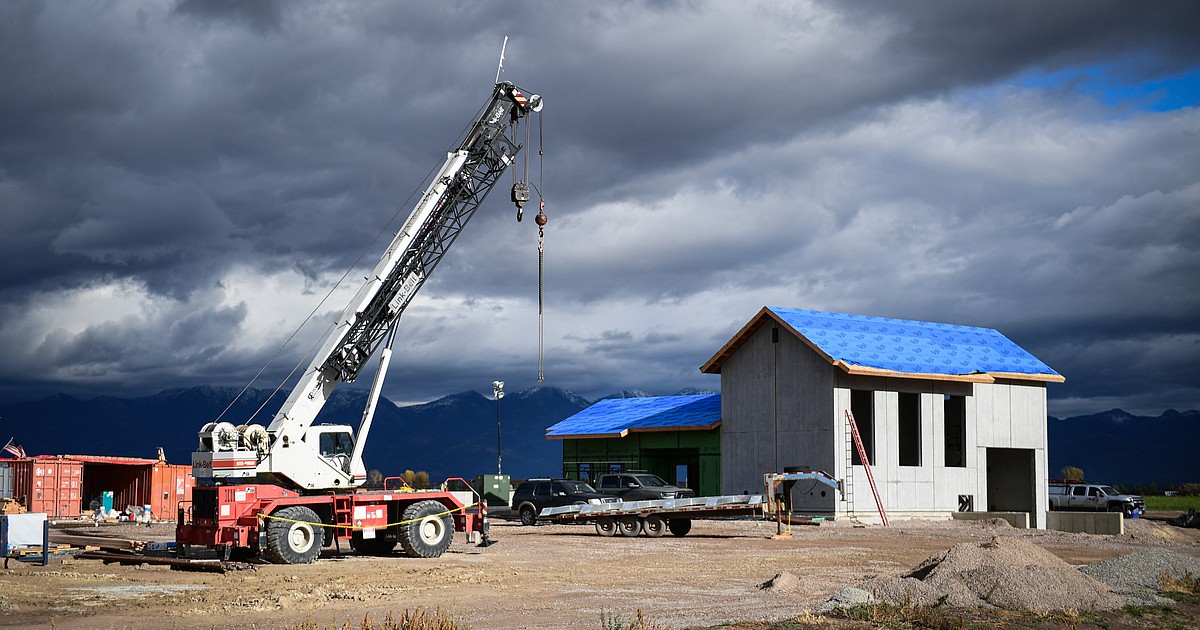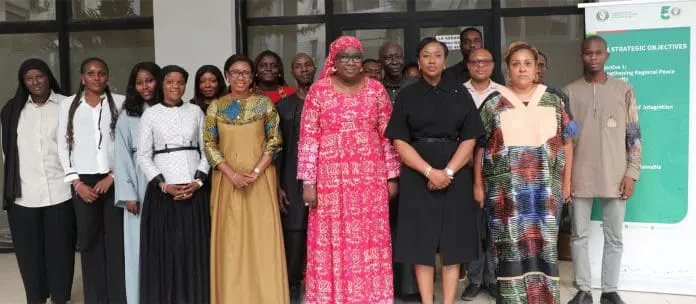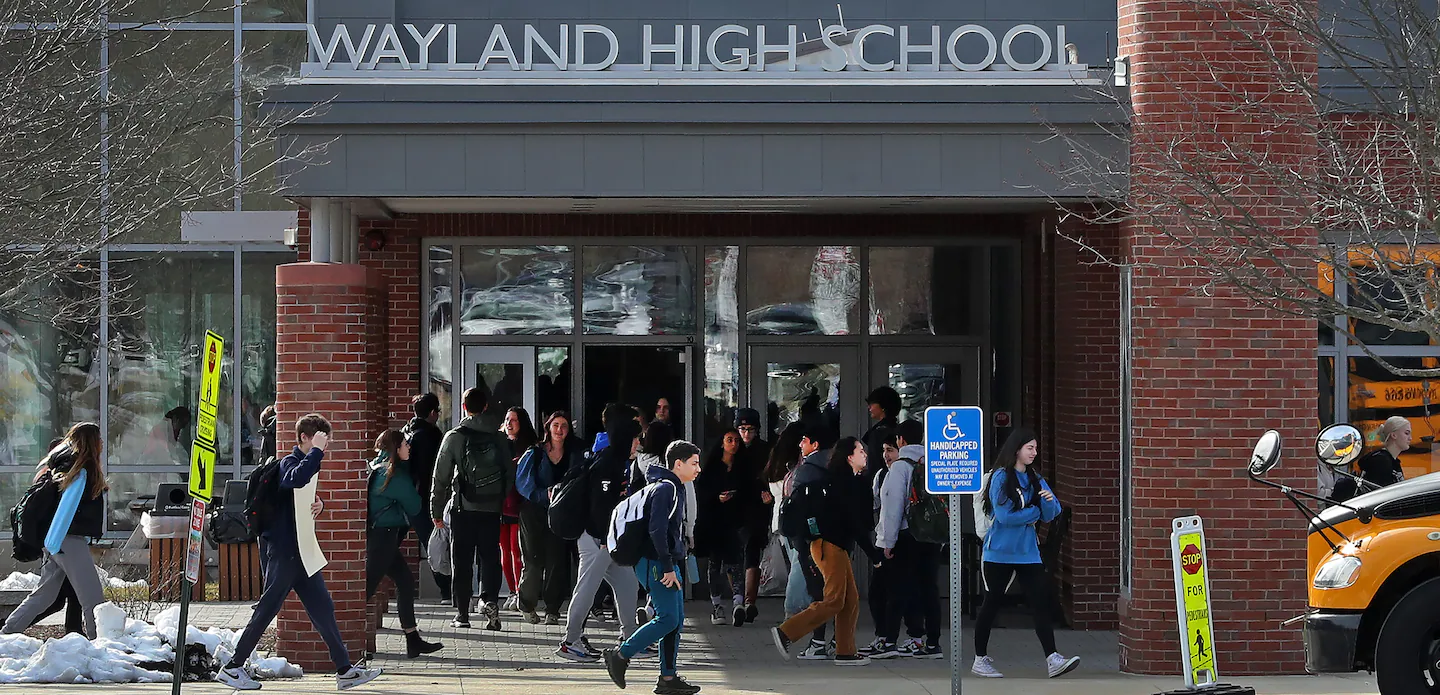Copyright Kalispell Inter Lake

A Flathead County District Court judge denied a motion to temporarily halt Lakeside County Water and Sewer District's expansion plans. Lakeside’s sewer district is upgrading and expanding its 40-year-old wastewater plant in anticipation of population growth and a need to improve treatment. The Montana Department of Environmental Quality, earlier this year, issued a Montana Ground Water Pollution Control System permit that allows the district to move ahead with the first phase of a plan to build a new wastewater treatment facility and ultimately discharge treated wastewater into groundwater. However, watchdog group Citizens for a Better Flathead filed a lawsuit against the state agency over the permit in May, claiming the new treatment facility, due to its location, threatens the water quality of Ashley Creek, a tributary of Flathead Lake. Citizens is asking the court to revoke the already approved permit “and prohibit DEQ from approving any further actions or phases related to the permit,” according to court documents. The Confederated Salish and Kootenai Tribes joined the lawsuit as plaintiffs. A second phase of the project includes constructing a septage treatment facility to serve Flathead County. Flathead County District Court Judge Danni Coffman, in a decision issued on Oct. 17, denied a request to temporarily stop the first phase of the project while the lawsuit makes its way through court. According to court documents, Coffman found “the potential for contamination of waterways is unquestionably remote and is not imminent,” since the district is not scheduled to begin discharging treated water into the ground until the end of 2029, when the project is expected to be completed. The state department has not yet submitted records to the court for review of its determination process for issuing the permit. Coffman concluded the department will likely not submit the records unless ordered to do so by the court. Should the court have found that the department’s decision to issue the permit as arbitrary and capricious or failing to follow statutory guidelines, it would have simply been ordered to revisit the permitting process, according to Coffman. “Even if [the plaintiffs] are successful on the merits, the end result will not necessarily be different,” Coffman wrote. Plaintiffs’ attorneys additionally argued the Department of Environmental Quality’s duty is to protect Montanans’ constitutional right to a clean and healthy environment, according to court documents. Therefore, a violation of this duty is a constitutional violation that results in irreparable harm, plaintiffs argued. Coffman refuted this argument, however, by noting that no constitutional claim was made in the case. Furthermore, federal courts previously held that procedural violations do not constitute irreparable harm. “Finally, because the risk of a negative environmental impact can only occur after the district begins to discharge effluent, no Montanan’s right to a clean and healthful environment can conceivably be impinged,” while waiting for the permitting process, Coffman wrote. Citizens for a Better Flathead remains committed to the lawsuit. “While we are disappointed by the court's decision, this is a procedural ruling, not a judgment on the merits of our case,” said Executive Director Mayre Flowers in a release. “The court's order specifically notes that our core argument — that Montana DEQ acted arbitrarily in approving this permit — still needs to be determined after the full administrative record is filed and reviewed. Our fight to protect Flathead Lake and the surrounding groundwater is far from over.” In a separate lawsuit, also filed in district court, Citizens for a Better Flathead is challenging two decisions made by the Lakeside board earlier this year. The group claims the board failed to give the public a meaningful opportunity to comment on the decisions. District Court Judge Paul Sullivan in August ruled against a request by Citizens to pause both the wastewater expansion project and the district’s service agreement for the proposed luxury resort Flathead Lake Club. The Montana Supreme Court recently agreed to consider intervening in the case after the district court did not respond to the plaintiffs’ request for supporting documents from the Lakeside sewer district. The district court and Lakeside sewer district were given 30 days, which ended on Nov. 3, to respond in the case.



